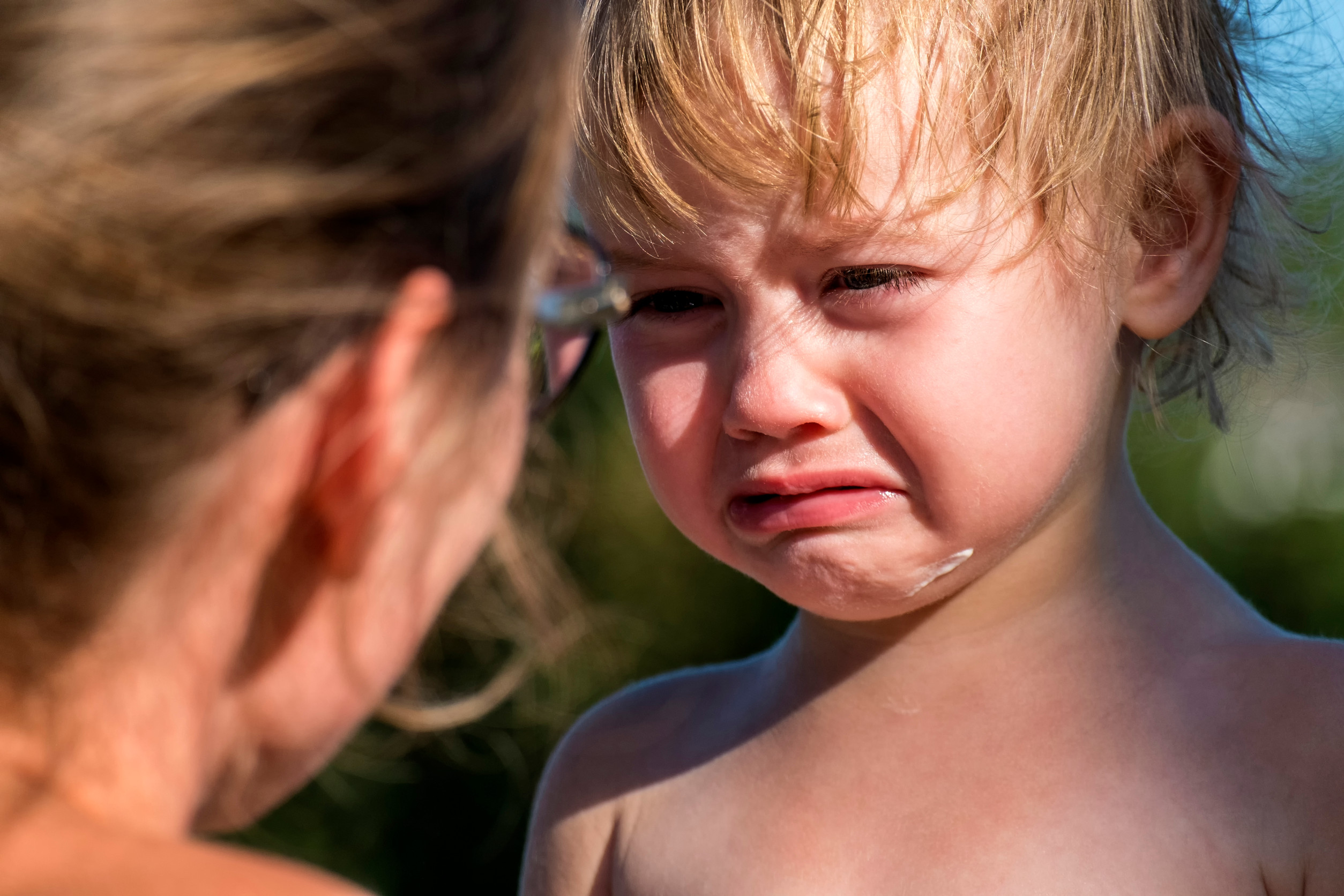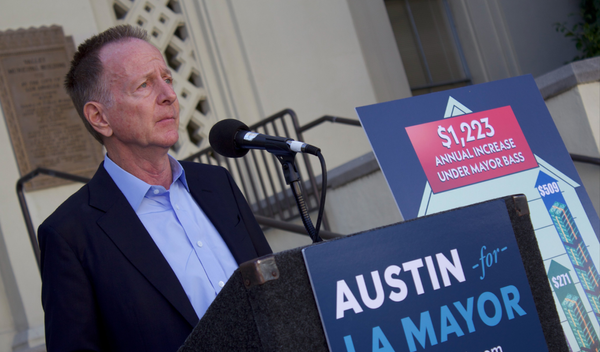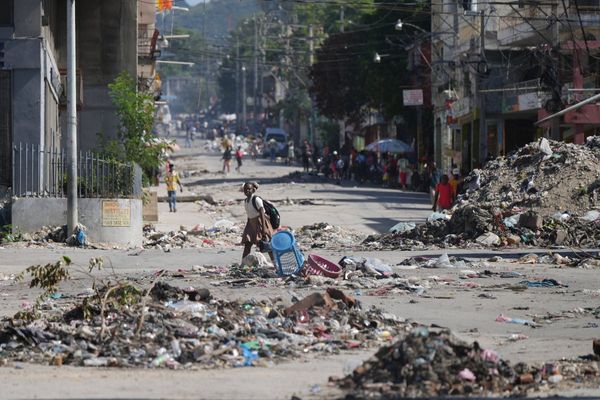In the heat of a tantrum, emotions run high—for both kids and parents. While it’s tempting to say something to shut down the meltdown or lighten the mood with a sarcastic comment, your words can either help your child calm down or add fuel to the fire. What you say in those moments matters more than you might realize. Certain responses, even if said with good intentions or out of exhaustion, can leave your child feeling misunderstood, ashamed, or emotionally unsafe. If you’re aiming to build emotional intelligence and trust, these are the phrases you should never say to your child after a tantrum.
1. “You’re Being So Dramatic”
Labeling your child as dramatic sends the message that their feelings are too much or unworthy of empathy. While a tantrum may seem over-the-top to you, it often reflects very real frustration or unmet needs for them. Dismissing their emotions with this phrase shuts down communication. It also teaches them to bottle up future feelings instead of expressing them in a healthier way. Acknowledging their distress without judgment opens the door for better behavior next time.
2. “Big Kids Don’t Act Like This”
This might seem like a motivational nudge, but it actually promotes shame rather than growth. When you use age to invalidate your child’s reaction, they feel pressured to suppress their feelings rather than learn from them. Emotional regulation isn’t something that flips on with age—it takes guidance and practice. Instead of using this phrase, focus on coaching them through how to handle big emotions. Support, not criticism, encourages maturity.
3. “You’re Embarrassing Me”
Saying this focuses more on how the behavior reflects on you than on what your child needs. While it’s completely normal to feel flustered during a public meltdown, making it about your own image can leave your child feeling rejected. These kinds of phrases you should never say to your child after a tantrum add guilt on top of frustration. Try shifting the focus back to your child’s experience and helping them through it. Your calm presence is more important than saving face in front of others.
4. “You’re Fine. Stop Crying”
Your child may not be physically hurt, but brushing off their tears with this phrase tells them their emotional pain doesn’t matter. Crying is a natural part of emotional processing, especially for young children who don’t yet have the words to express themselves. Telling them to stop minimizes their experience and can delay emotional development. A better approach is to acknowledge their feelings and offer comfort. This teaches emotional safety rather than avoidance.
5. “Go Away Until You Calm Down”
While taking space can be helpful, sending your child away in a moment of emotional overwhelm often feels like rejection. It suggests that their big feelings make them unlovable or inconvenient. Instead, offer to be near them while they calm down or ask if they want space with the reassurance that you’re still there. These are the kinds of phrases you should never say to your child after a tantrum because they damage the connection in the very moment it’s needed most. Kids need to know you’ll stand by them through all their emotions—not just the easy ones.
6. “You Always Do This”
Generalizing behavior paints your child with a broad, negative brush and makes it harder for them to believe they can change. Saying “you always” anything is a fast way to make a child feel stuck in a label. It also turns a specific moment into a character judgment. Instead of focusing on patterns, try addressing the moment: “You were really upset just now. Let’s talk about what happened.” That keeps the behavior separate from who they are.
7. “Stop Acting Like a Baby”
This phrase is meant to push a child toward maturity, but it often does the opposite. It insults rather than instructs and can lead to embarrassment or resentment. Emotional outbursts don’t mean your child is immature—they mean your child needs help learning how to handle strong feelings. Language that shames only shuts down learning. Stay focused on teaching, not teasing.
8. “If You Don’t Stop, I’ll Leave You Here”
This fear-based phrase may grab your child’s attention in the short term, but it also creates long-term anxiety. Threatening abandonment, even jokingly, breaks the sense of safety kids rely on during emotional storms. Tantrums aren’t a sign your child is bad—they’re a sign your child needs help. Reassurance, not threats, is what helps them through it. Consistency and connection are far more powerful than scare tactics.
9. “You’re So Naughty”
Labeling your child as “naughty” or “bad” frames them as the problem rather than focusing on the behavior. Kids internalize what they hear, and repeated labels can shape their self-image. These are some of the most damaging phrases you should never say to your child after a tantrum. Instead of criticizing their character, focus on what they did and how to make it right. “Throwing toys isn’t okay. Let’s find a better way to show you’re upset” is far more constructive.
10. “That’s It. No More Love Until You Behave”
Using love or affection as a reward or punishment teaches kids that your care is conditional. This undermines emotional security and can lead to lifelong fears of rejection or abandonment. Even when correcting behavior, your child should know they are loved. Discipline works best when it’s delivered from a foundation of connection, not control. Let them know your love is constant, even when their actions need redirection.
What You Say Shapes How They Grow
In the messy moments after a tantrum, your words can either become a bridge or a barrier. Choosing phrases that validate rather than shame gives your child the tools to grow emotionally while strengthening your bond. The tantrum will pass—but what sticks is how you made them feel in that moment. Skip the shortcuts and sarcasm. Choose calm, compassion, and connection instead.
What phrase have you replaced with something more constructive during tough parenting moments? Share your go-to in the comments!
Read More:
8 Signs Your Child Is in Charge of the Household (Not You)
The Quiet Ways Kids Ask for Help Without Saying a Word
The post Beyond The Jokes: 10 Phrases You Should Never Say To Your Child After A Tantrum appeared first on Kids Ain't Cheap.








